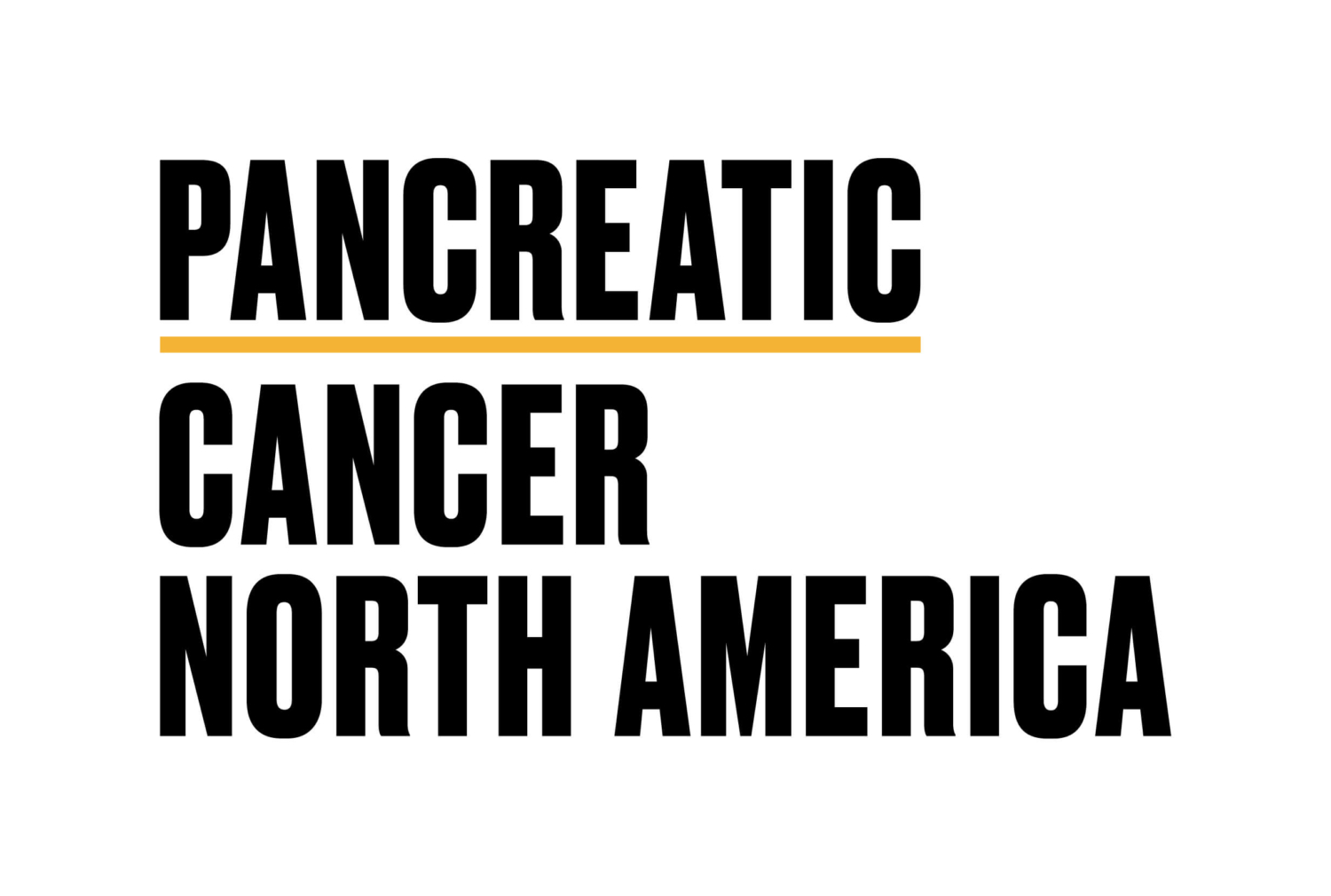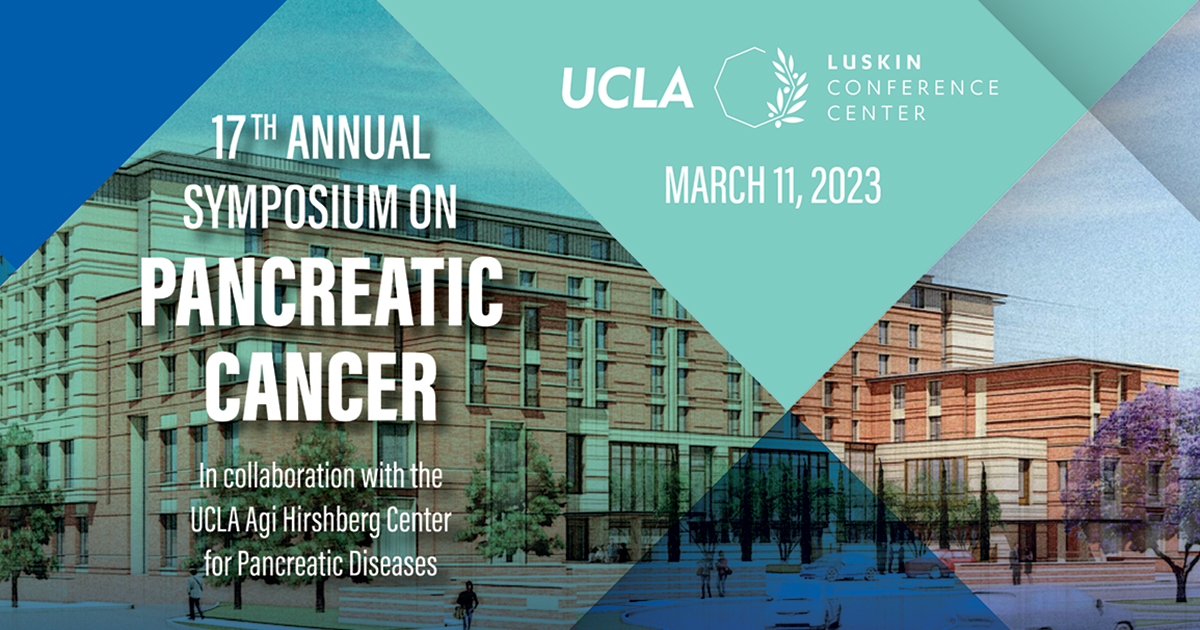When discussing pancreatic cancer, it's essential to understand its complexities and impact on individuals, including notable figures such as Marta Friedman. Pancreatic cancer remains one of the most challenging forms of cancer to diagnose and treat, making awareness and education crucial. This article aims to provide in-depth insights into Marta Friedman's journey with pancreatic cancer while offering valuable information for those affected by this disease.
Pancreatic cancer affects thousands of people globally, and its aggressive nature often leads to devastating outcomes. Understanding the symptoms, causes, diagnosis, and treatment options is vital for early detection and improved survival rates. Marta Friedman's story highlights the importance of awareness and the need for advancements in research and treatment.
This article will explore Marta Friedman's pancreatic cancer journey, delving into various aspects of the disease, including risk factors, diagnosis, treatment options, and support resources. By the end of this guide, you'll have a comprehensive understanding of pancreatic cancer and its implications, empowering you to take proactive steps toward better health.
Read also:Elaine Paige Husband The Untold Story Of Love And Legacy
Table of Contents
- Biography of Marta Friedman
- Overview of Pancreatic Cancer
- Symptoms of Pancreatic Cancer
- Causes and Risk Factors
- Diagnosis of Pancreatic Cancer
- Treatment Options
- Prognosis and Survival Rates
- Support Resources
- Advancements in Research
- Conclusion
Biography of Marta Friedman
Data and Background
Marta Friedman was a renowned advocate for pancreatic cancer awareness and research. Her contributions to the field have left a lasting impact on the community, inspiring countless individuals to fight for better treatments and cures. Below is a summary of Marta Friedman's personal and professional background:
| Full Name | Marta Friedman |
|---|---|
| Profession | Pancreatic Cancer Advocate |
| Date of Birth | January 15, 1952 |
| Place of Birth | Chicago, Illinois |
| Contributions | Founding Member of the Pancreatic Cancer Action Network |
Marta Friedman dedicated her life to raising awareness about pancreatic cancer and supporting those affected by the disease. Her efforts have significantly contributed to advancements in research and treatment options.
Overview of Pancreatic Cancer
Pancreatic cancer is a type of cancer that develops in the tissues of the pancreas, an organ responsible for producing digestive enzymes and hormones that regulate blood sugar levels. It is one of the most aggressive forms of cancer, often detected at an advanced stage due to its lack of noticeable symptoms in the early stages.
According to the American Cancer Society, pancreatic cancer accounts for approximately 3% of all cancers in the United States but is responsible for about 7% of cancer deaths. The disease's high mortality rate underscores the urgency of early detection and effective treatment strategies.
Symptoms of Pancreatic Cancer
Early Signs
Recognizing the symptoms of pancreatic cancer is crucial for early diagnosis. However, the disease often exhibits no symptoms in its early stages, making it challenging to detect. Some common symptoms include:
- Jaundice (yellowing of the skin and eyes)
- Abdominal or back pain
- Unintended weight loss
- Loss of appetite
- Nausea and vomiting
It's important to consult a healthcare professional if you experience any of these symptoms persistently, as early detection can significantly improve outcomes.
Read also:Amber Waller Actress A Comprehensive Look Into Her Career And Life
Causes and Risk Factors
The exact cause of pancreatic cancer remains unknown, but several risk factors have been identified. These include:
- Age (most cases occur in individuals over 65)
- Smoking
- Obesity
- Chronic pancreatitis
- Family history of pancreatic cancer
- Genetic mutations
While some risk factors, such as age and genetics, cannot be controlled, lifestyle changes like quitting smoking and maintaining a healthy weight can reduce the risk of developing pancreatic cancer.
Diagnosis of Pancreatic Cancer
Diagnostic Procedures
Diagnosing pancreatic cancer involves a combination of imaging tests, blood tests, and biopsies. Common diagnostic procedures include:
- CT scans
- MRI scans
- Endoscopic ultrasound (EUS)
- Tissue biopsy
Early diagnosis is critical for effective treatment. Advances in imaging technology and diagnostic techniques have improved the accuracy of pancreatic cancer detection, enabling more personalized treatment plans.
Treatment Options
Standard Treatments
Treatment for pancreatic cancer depends on the stage of the disease and the patient's overall health. Common treatment options include:
- Surgery (Whipple procedure, distal pancreatectomy)
- Chemotherapy
- Radiation therapy
- Targeted therapy
- Immunotherapy
Combining multiple treatments, such as surgery followed by chemotherapy, has shown promising results in improving survival rates. However, the aggressive nature of pancreatic cancer often requires innovative approaches to achieve the best outcomes.
Prognosis and Survival Rates
The prognosis for pancreatic cancer varies depending on the stage of diagnosis and the effectiveness of treatment. According to the National Cancer Institute, the five-year survival rate for pancreatic cancer is approximately 12%. Early-stage diagnosis significantly improves survival rates, emphasizing the importance of regular check-ups and awareness.
Research continues to focus on improving treatment outcomes and extending survival rates. Advances in personalized medicine and targeted therapies offer hope for better prognoses in the future.
Support Resources
Community and Advocacy
Living with pancreatic cancer can be challenging, but numerous resources are available to provide support and guidance. Organizations such as the Pancreatic Cancer Action Network (PanCAN) and the Lustgarten Foundation offer valuable resources, including:
- Support groups
- Education programs
- Research updates
- Advocacy opportunities
Engaging with these communities can help patients and their families navigate the complexities of pancreatic cancer while staying informed about the latest advancements in research and treatment.
Advancements in Research
Recent breakthroughs in pancreatic cancer research have brought new hope to patients and their families. Scientists are exploring innovative approaches, such as:
- Immunotherapy targeting specific cancer cells
- Genetic testing to identify personalized treatment options
- Early detection biomarkers
- Drug development targeting cancer metabolism
These advancements highlight the importance of continued investment in pancreatic cancer research to improve outcomes and save lives.
Conclusion
Marta Friedman's journey with pancreatic cancer serves as a powerful reminder of the challenges faced by those battling this disease. Understanding the symptoms, causes, diagnosis, and treatment options is crucial for early detection and improved survival rates. By raising awareness and supporting research initiatives, we can work toward a future where pancreatic cancer is no longer a deadly threat.
We encourage you to share this article with others and explore additional resources to deepen your understanding of pancreatic cancer. Together, we can make a difference in the fight against this devastating disease. If you have questions or would like to learn more, please leave a comment or visit our other articles on related topics.


